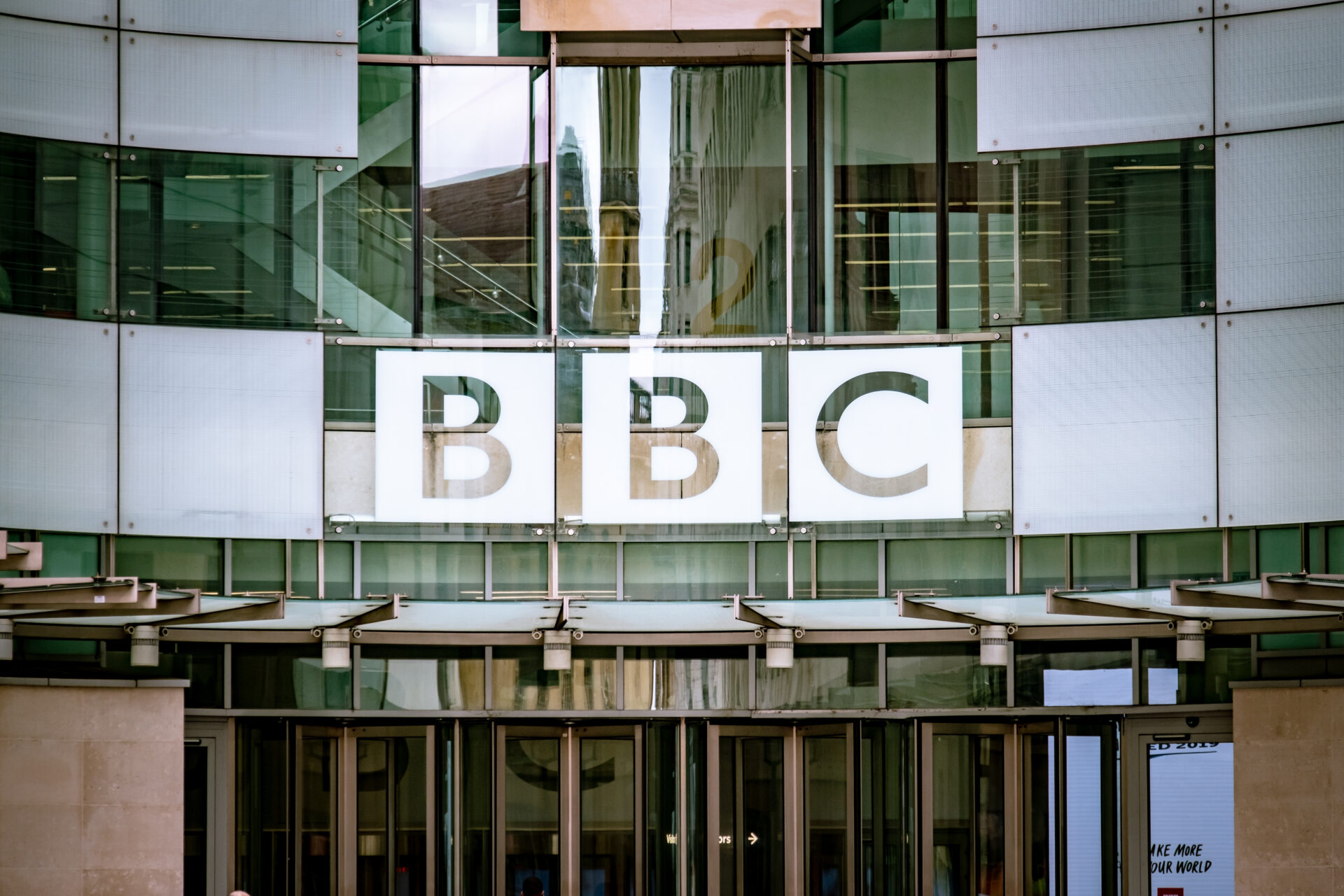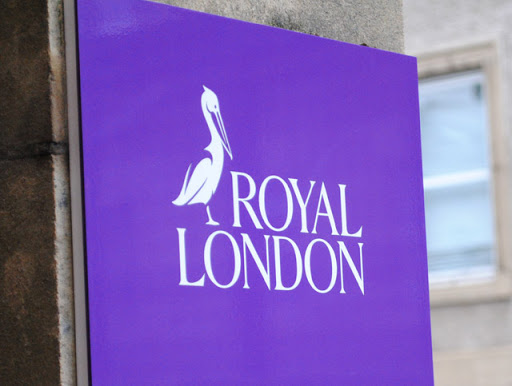The BBC has said it will take immediate action to improve workplace culture, after publishing an independent report.
The report from Change Associates, led by executive chairman and founder Grahame Russell, found no evidence of a toxic culture, but it highlighted key areas for improvement.
The review heard from around 2,500 employees and freelancers; through one-to-one meetings, group discussions, a survey and written submissions.
The review was commissioned by the BBC board in August 2024, with work beginning in October.
The report found the majority of people who work for the BBC are proud to do so and describe loving their jobs.
Some staff, however, thought there were a minority of people at the BBC – both on and off-air – who were able to behave unacceptably without it being addressed.
“Even though they are small in number, their behaviour creates large ripples which negatively impact the BBC’s culture and external reputation,” the report concluded.
According to the broadcaster, the BBC board has fully accepted the report and its findings, as has upper management.
BBC chair Dr Shah said in a communication to staff: “There is a minority of people whose behaviour is simply not acceptable.
“And there are still places where powerful individuals – on and off screen – can abuse that power to make life for their colleagues unbearable.
“The report makes several recommendations that prioritise action over procedural change – which is exactly right.
“It also addresses some deep-seated issues: for example, the need to make sure everyone can feel confident and not cowed about speaking up.
“I support the idea that we need to reinforce the behavioural expectations and standards we have for everyone who works with or for the BBC.”
He added: “In the end, it’s quite simple: if you are a person who is prepared to abuse power or punch down or behave badly, there is no place for you at the BBC.”
Director-feneral Tim Davie added: “This report represents an important moment for the BBC and the wider industry.
“It provides clear, practical recommendations that we are committed to implementing at pace. I’m grateful to everyone who took part and contributed.”
He continued: “The action we are taking today is designed to change the experience of what it is to be at the BBC for everyone and to ensure the values we all sign up to when we arrive here – the values that, for most of us, are what made us want to come to the BBC in the first place – are lived and championed by the whole organisation each and every day.”
The BBC said it is taking immediate action from today, launching a refreshed and strengthened Code of Conduct, with specific guidance for on-air presenters, implementing a more robust disciplinary policy, with updated examples of misconduct and clear consequences and rolling out a new ‘Call It Out’ campaign to promote positive behaviour, empower informal resolution where appropriate, and challenge poor conduct.
In addition, the broadcatser will nwo requiring all TV production partners to meet Creative Industries Independent Standards Authority (CIISA) industry standards.
It has also introduced clear pledges for anyone raising concerns, setting out what they can expect from the BBC.
















